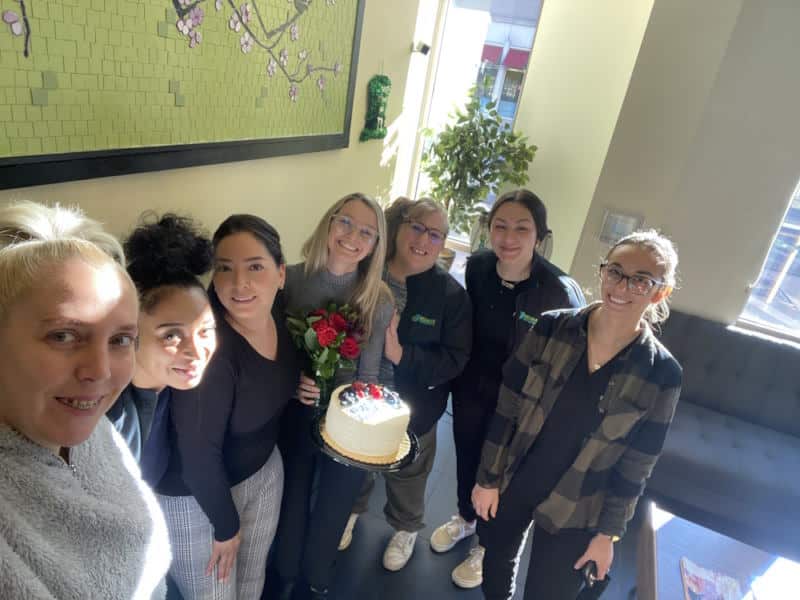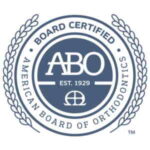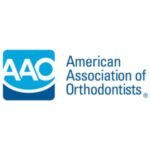About Hardy Orthodontics

We are dedicated to making the patient experience as memorable as it can be at Hardy Orthodontics. We accomplish this through combined Pediatric dentistry and Orthodontics practices that are equipped to give you the highest priority and functional oral care using modern technology, training, and dental prowess. We use first-class diagnostic tools coupled with the magnitude of our knowledge and experience, which allow us to provide accurate, decisive, and efficient treatment that is customized to the unique needs of our patients. To ensure we maintain the best cosmetic and functional results, Dr. Hardy, Dr. Nam, and our welcoming staff focus on clear and open communication so that you know everything about your treatment from the moment you are diagnosed until your treatment is complete. We suggest parents be involved for younger patients as it helps to have a full understanding of the treatment of their child or teen. We dedicate ourselves to making your child feel comfortable in our office, and we want you to feel the same security with them under our care. Your involvement in your child's oral health can help the progress of the treatment go smoothly and successfully. See here, all the Treatments we offer. See Pediatric Care Treatments and Ortho Services. We offer many payment options.
Visit us at:
Become A New Patient















